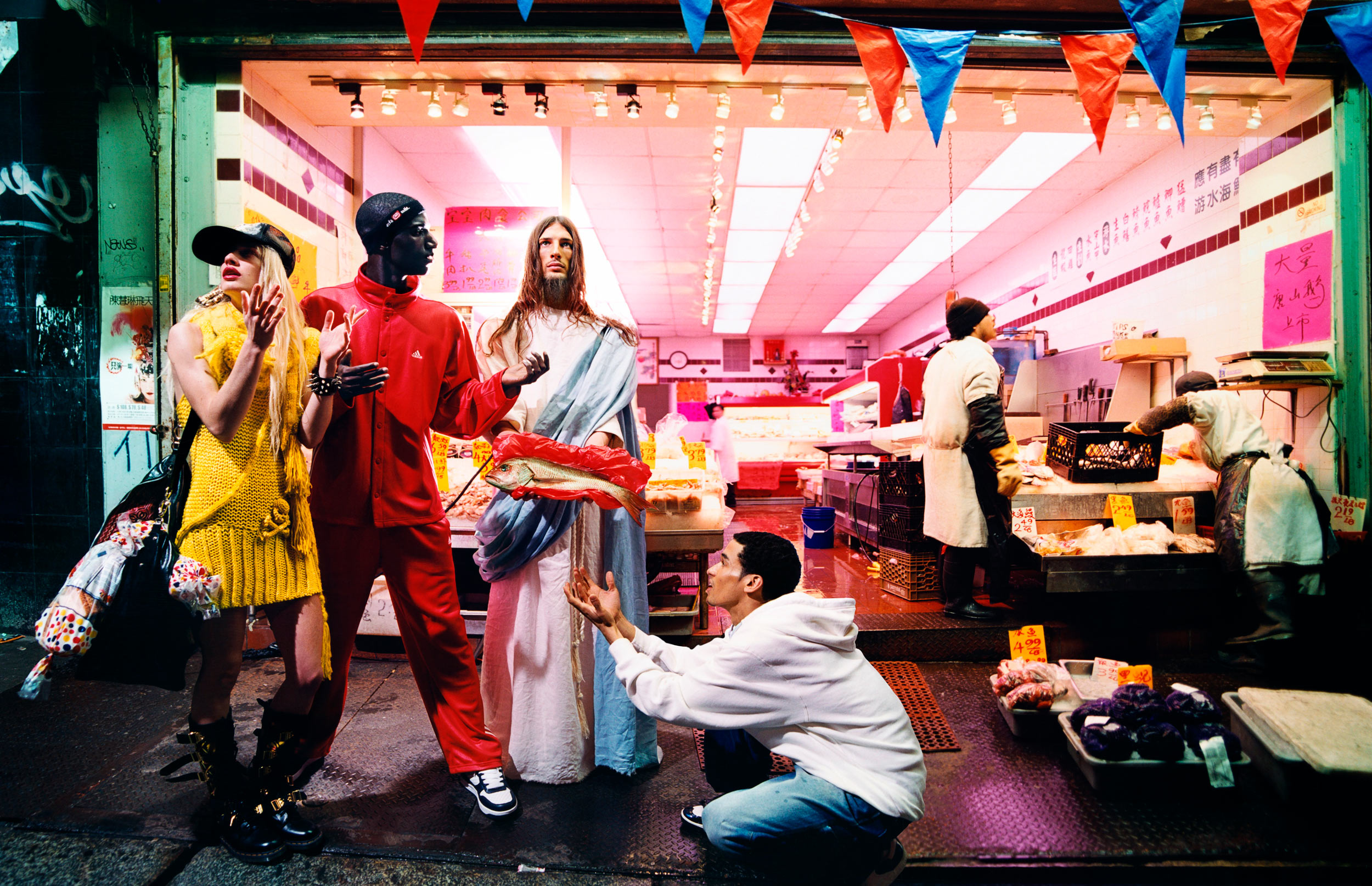Bach Cantata Day Information:
Trinitatis VII or 7th Sunday after Trinitatis
7th Sunday after Trinitatis. Liturgical period : Ordinary time II.
Occurrences: July 14 2024, August 3 2025, July 19 2026, July 11 2027, July 30 2028, July 15 2029, August 4 2030, July 27 2031, July 11 2032, July 31 2033, July 23 2034, July 8 2035, July 27 2036, July 19 2037.
Music for this day
- Widerstehe doch der Sünde, BWV 54
(first performance 15 July 1714?, Weimar period) - Ärgre dich, o Seele, nicht, BWV 186
(first performance 11 July 1723, Leipzig period) - Was willst du dich betrüben, BWV 107
(first performance 23 July 1724, Leipzig period) - Es wartet alles auf dich, BWV 187
(first performance 4 August 1726, Leipzig period)
Trinitatis VII is the 7th Sunday after Trinitatis. No less than four cantatas for this day.
Widerstehe doch der Sünde, BWV 54, is an early Weimar cantata and the oldest existing cantata for a solo voice. There is some discussion about when this cantata was created, but the lyrics are by Georg Christian Lehms, who wrote the texts for the 1400 (!) cantatas by Cristoph Graupner (1683-1760). I must say I was not familiar with Graupner's work, but search him out, it's worthwhile.
Next up are three Leipzig cantatas from the first three complete liturgic cycles. Ärgre dich, o Seele, nicht, BWV 186, is based on a an earlier Weimar Advent cantata (BWV 186a), which is lost. Leipzig observed Tempus Clausum (no music in mass) during Advent (Weimar did not), so Bach chose to expand the work and reuse it for another liturgical day. A fine cantata should never be wasted.
Was willst du dich betrüben, BWV 107, is part of the chorale cantata cycle of 1724-1725. But it is a bit of an exception in its structure: almost all cantatas of that cycle leave the hymn on which it is based untouched in the first and last movement, with other arias and recitatives in between. This cantata BWV 107 however uses the "per-omnes-versus" structure: the text of the hymn remains untouched. It is an older way of doing things, and Bach did use it in early works. He also used it later on when he could not rely on a good poet for a libretto, but it remains a secret why he used it here. The hymn is based on the evangelical text of the Feeding of the Multitude with Loaves and Fishes.
After his start as Thomaskantor in 1723, Bach wrote about 150 cantatas in a weekly rhytm, until the spring of 1726 when he stopped completely, and then started again but at an easier tempo. Es wartet alles auf dich, BWV 187, dates from that summer in 1726. It is part of a series of seven cantatas Bach wrote with texts that were used by his cousin Johann Ludwig Bach ten years earlier. Bach performed those cantatas by his cousin in Leipzig, but he liked the texts so much that he wanted to create his own version.
Extra information
The Netherlands Bach Society website has more information and a performance of BWV 54:
https://bachvereniging.nl/en/bwv/bwv-54/
Playlist
WBC48-Trinitatis VII or 7th Sunday after Trinitatis
Choose one of these streaming services to listen to this playlist:
Image of the day

'Loaves and Fishes (from Jesus is my homeboy)' is a picture from 2003 by photographer David LaChapelle (born 1963).